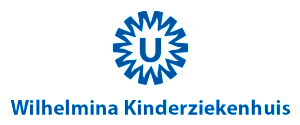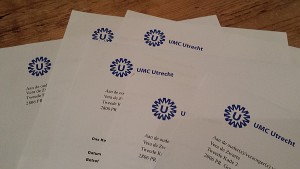December, a month of looking back at the year in review, counting challenges and fortunate breaks we had. We have a lot to tell you about 2019. But by far, the number one notable thing has been: getting a good night’s sleep. Because (spoiler alert!): We are sleeping! I want to frame this phrase and hang it on our walls.
Last January, we noticed that seven years of poor sleep was starting to take its toll. And not just for us, but for Vera herself as well. She was having a hard time, crying more often and having behavioral issues. In consultation with Dr. Pillen of the Kempenhaeghe Centrum voor Slaapgeneeskunde (Center for Sleep Health), we started a medicine called Gabapentin that is usually used for epileptic seizures. Vera does not have epilepsy, but this medicine helps numb the sensory stimuli. And that was the main reason Vera was unable to have deep sleep cycles, along with some throat, nose and ear issues.
Vera was admitted to the hospital to start the medication and regulate the dosage because this medication can have an affect on heart rhythm. And Vera’s heart rhythm is being held under control by two separate heart medications. We did not want any disruption to an already hard to manage irregular heart rhythm. So we had a couple of intense nights… Would it work? Would it not interfere with her heart? We almost didn’t dare hope it would be successful. But it’s working. It’s helping I could say also. Because, as with all medication that Vera receives, with it we try to get to normal values. And now Vera’s system can finally relax at night. You can even tell her body is less restless physically in bed. And since Vera has been sleeping better, things are going better. She is eating better, there are fewer behavioral issues (even though that is still something we are working on) and we have received reports from school that she is more alert and present in class. Is everything going well all the time? No, Vera is still an early riser. And when a lot is going on in her life (such as a teacher being sick or having different drivers that take her to school and not one consistent one) we notice this in her sleep. But it certainly has not been as bad as it was before the medication. As Dr. Pillen said: “You have to see Vera’s sleep as her weak spot.” It is not atrocious anymore, we now have a basic night’s rest, but when life gets unpredictable or there is a lot of change, her sleep will not be as good. So that’s where we are at. We have been getting a normal night’s sleep for months now. It’s almost like emerging from a storm cellar after a hurricane has blown through and we are looking around us thinking: What now? Well, there is plenty to do, but now we have the energy to do it.
For instance, we have been working with the city of Gouda for an extended period of time to get reimbursed for the stairlift we had installed for Vera. It took a lot and many kind friends helped to get this finalized. And if all works out, there will be some accommodations in the shower so Vera can be more self-sufficient with our supervision. This will also really help us spare our backs and arms. Unfortunately, I hurt my back this year (hernia) and Niels has been struggling with shoulder and arm pain for months now. So, accommodations and other aids are no luxury for us.
And then, we received the news that we no longer qualified for KinderThuiszorg (at-home medical care). Vera no longer fit the profile to receive this long-term care. This was very hard for us. Now we no longer had the professional help we needed, no childcare or moments for much-needed self-care and we were on our own. It took a little while before we gathered the courage to ask for a PGB. A PGB is government funding in the Netherlands that long-term caregivers of elderly or people with long-term illness or disabilities can receive to help cover the cost of all that is involved in this care.
It took a lot of red tape and paperwork and Niels took care of most of this. Request forms, creating a budget plan, descriptions of care, care agreements, contracts, an at-home interview and an interview at the care office in Eindhoven. Altogether it was a lot. At this moment it is looking like everything will come together and we will receive PGB. This will give us many possibilities. We can hire people again to help care for Vera. And because I myself am one of Vera’s main caregivers I will receive an income. It amazes me how good that feels. That there is acknowledgment for the fact that taking care of Vera is very different from taking care of an average 7-year-old. Because no matter how well Vera does in her development, she needs assistance in almost every aspect of her life: bathing, changing diapers, getting dressed, eating, playing, moving around. And then there is all the medication, the tube feedings, hospital visits and contacting doctors and therapists. It is a job in and of itself and now that is acknowledged.
And so, we are looking back on a year in which we are finally sleeping, have been able to arrange for accommodations and we get to look forward to receiving the care funding. We are also looking back on wonderful family moments, vacations, holidays and also just the average day-to-day. Those moments you could take for granted but that are so valuable. We are thankful for each other. And we are thankful for all the people that think and care about us.
We wish you all Happy Holidays and a Happy New Year filled with love and hope!
Leonie

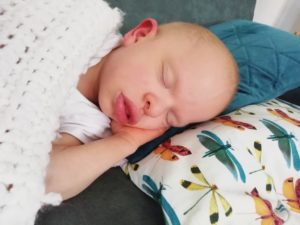
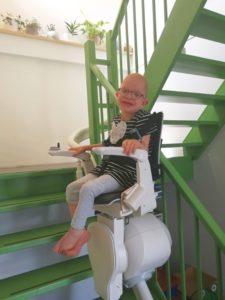
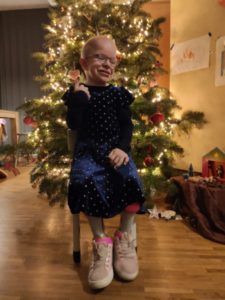
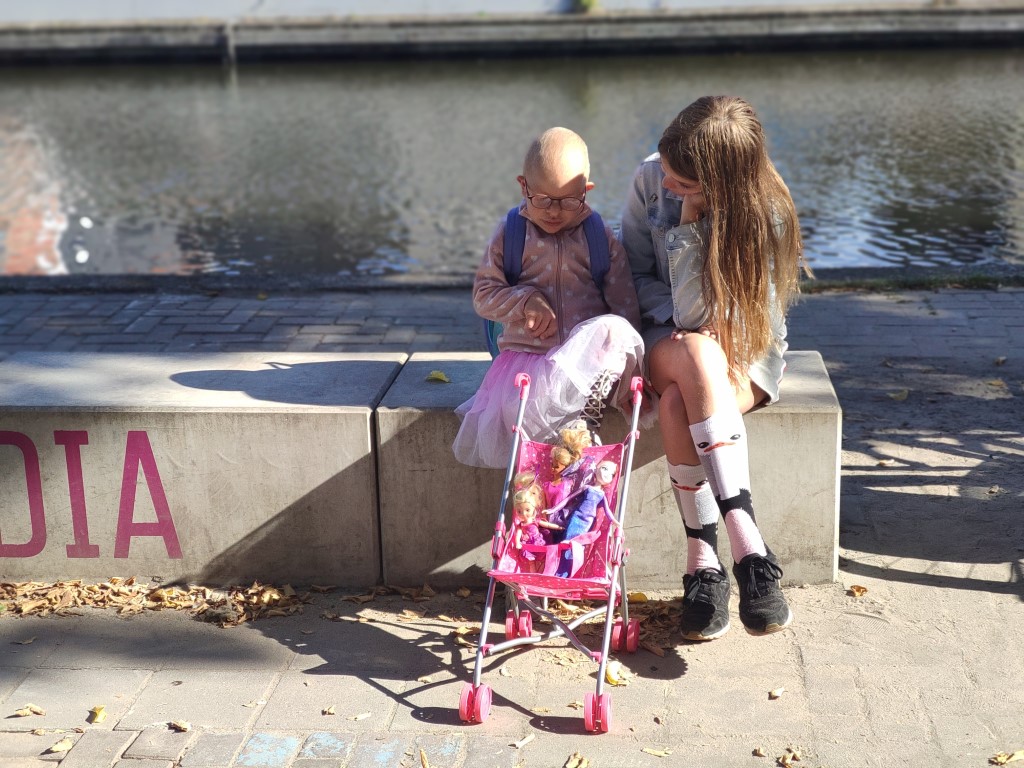
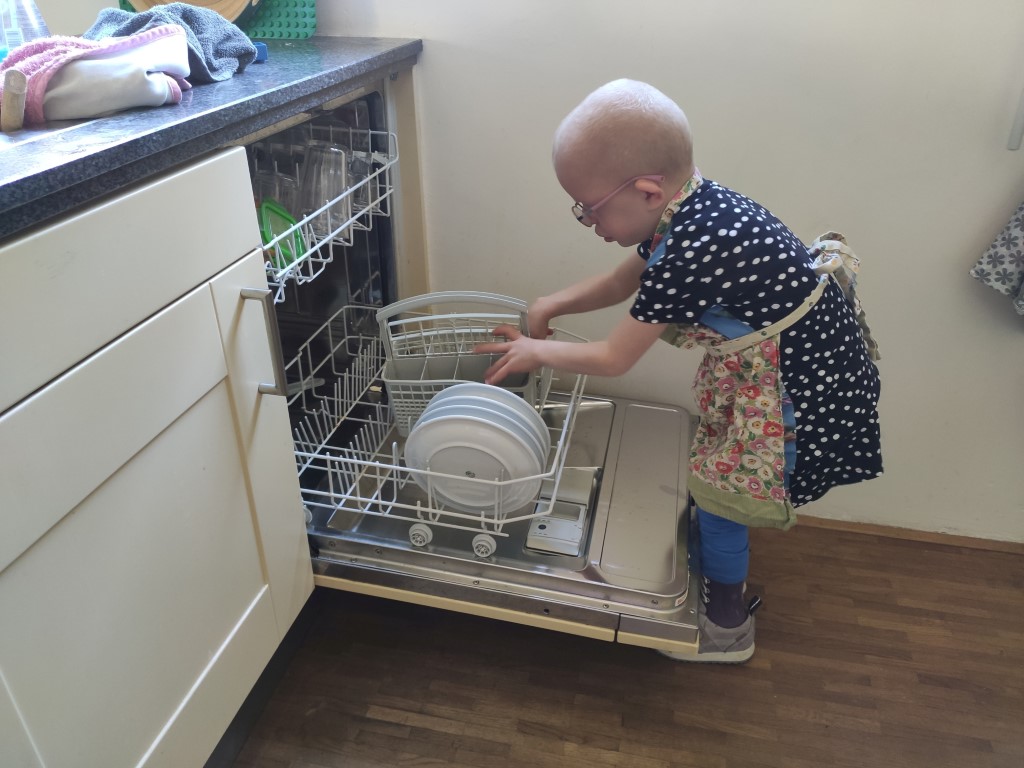
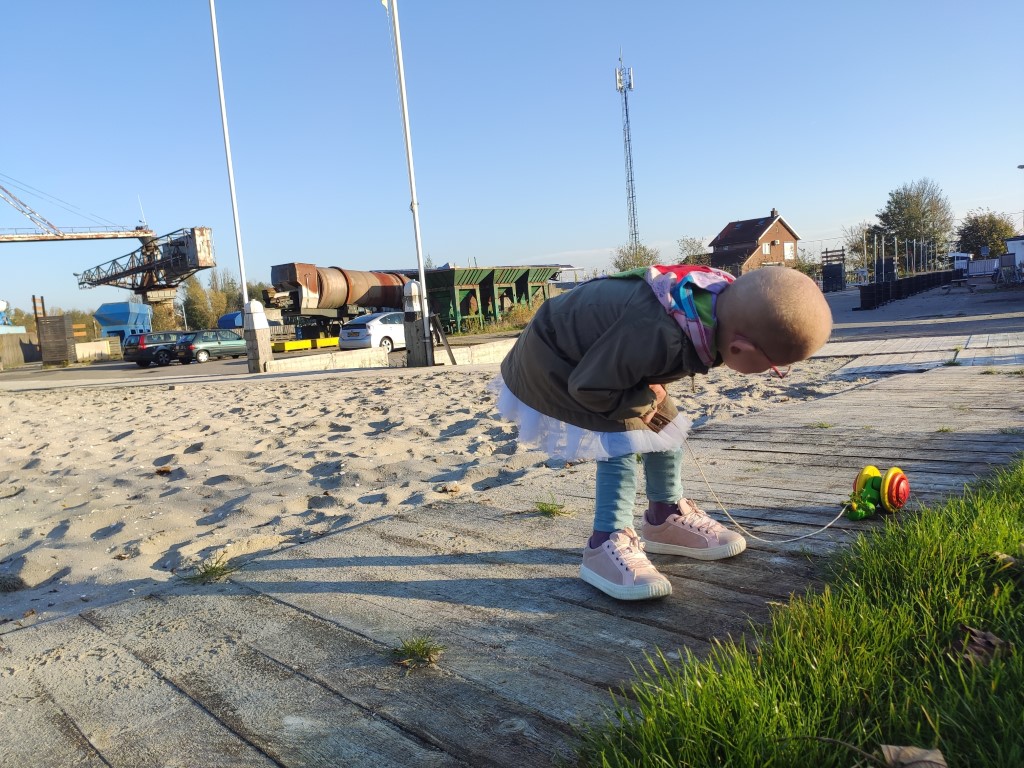
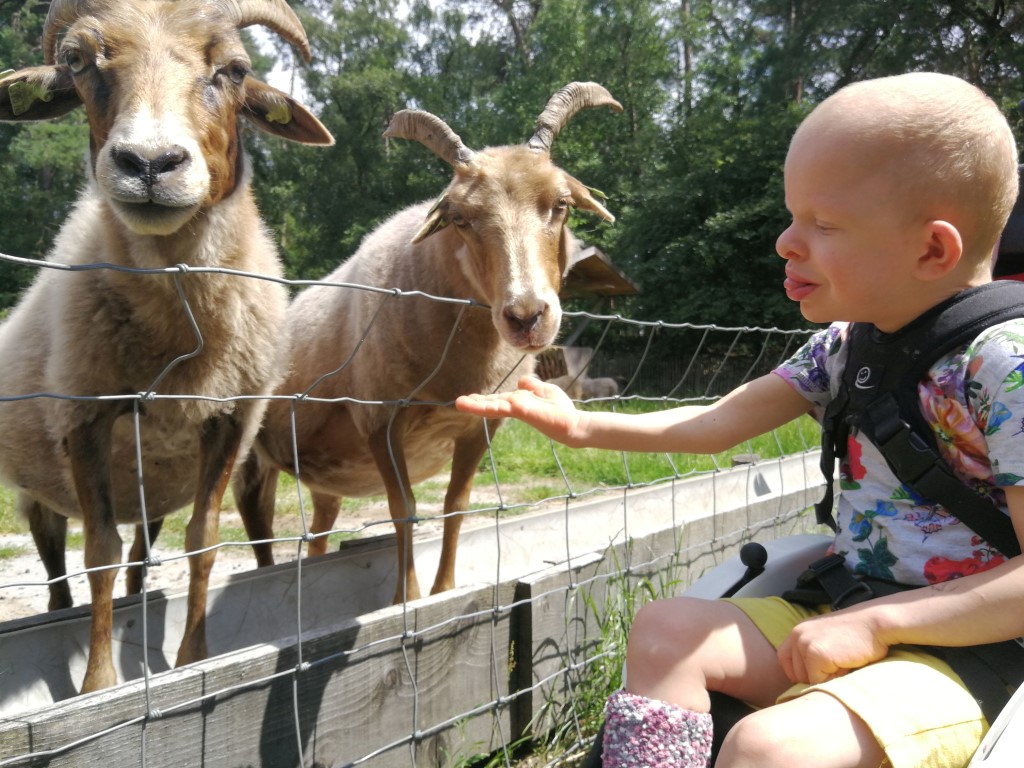
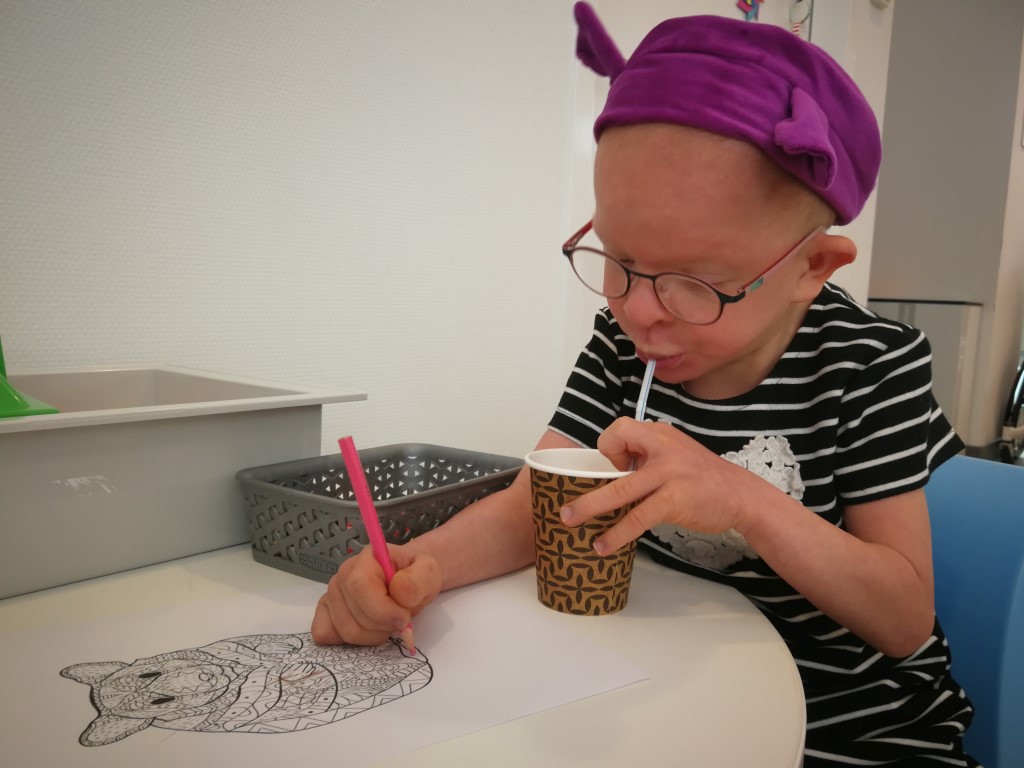
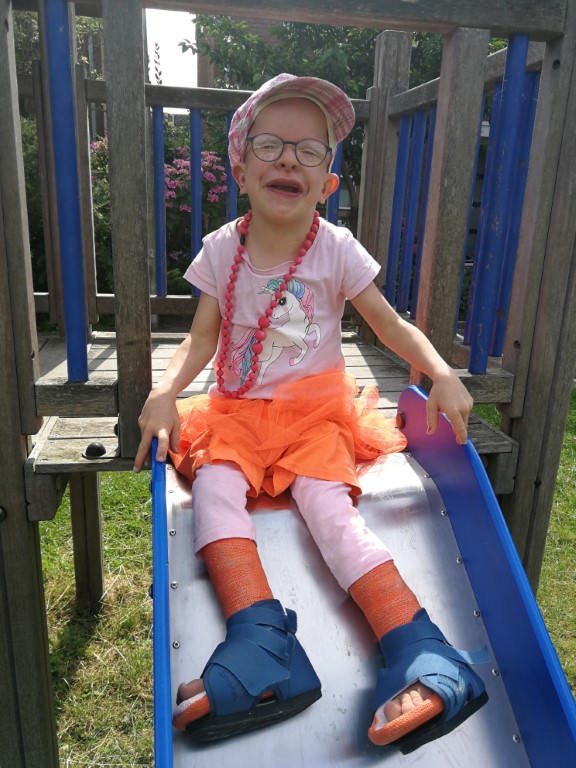
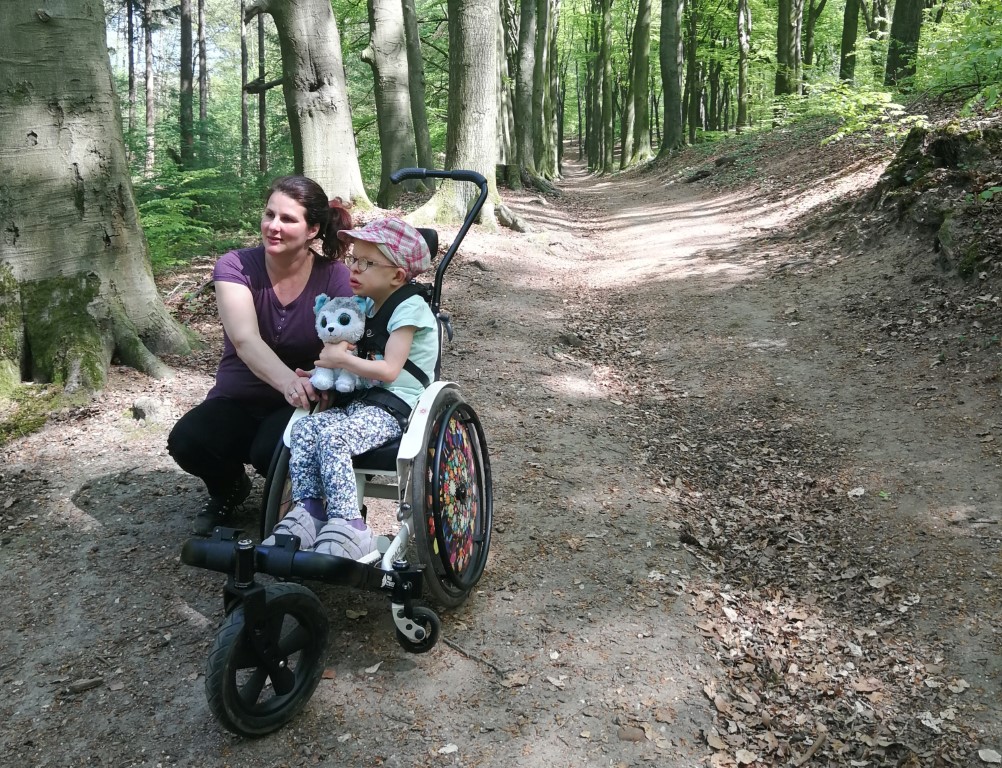
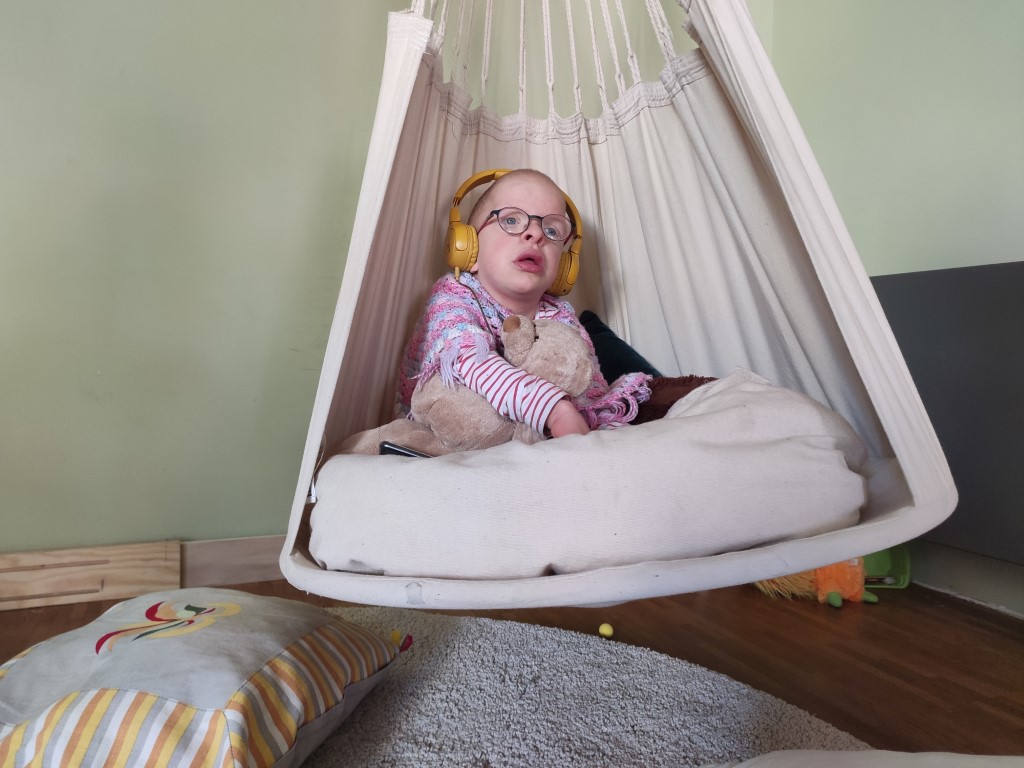
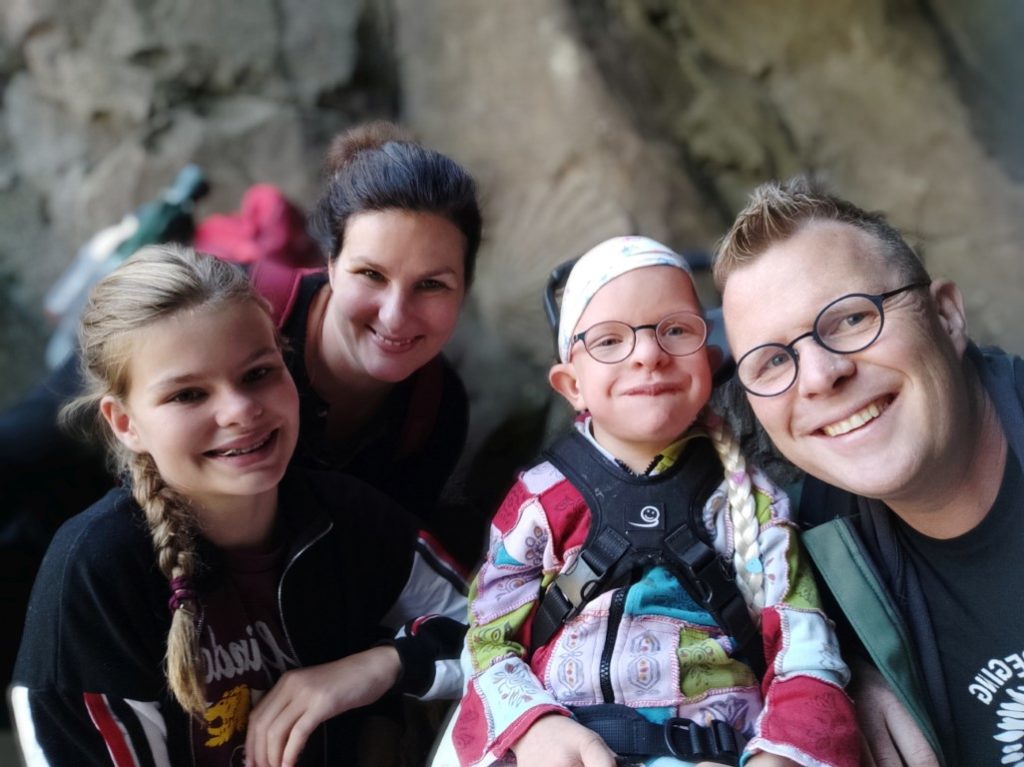
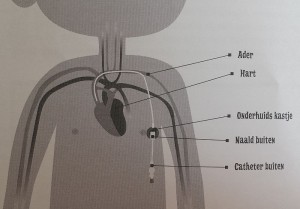
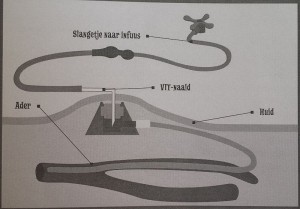
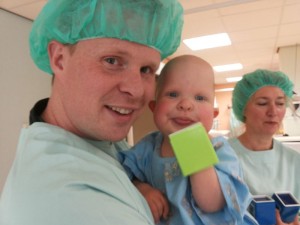
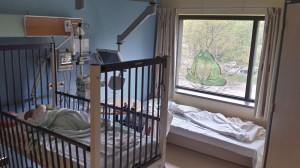 But soon Vera responded very well to the medication. And ended up sleeping better than ever that night (with me next to her, see photo of our nice room). And, like so often with Costello-children, the next day she had improved tremendously. A true miracle and big difference with the day before.
But soon Vera responded very well to the medication. And ended up sleeping better than ever that night (with me next to her, see photo of our nice room). And, like so often with Costello-children, the next day she had improved tremendously. A true miracle and big difference with the day before.